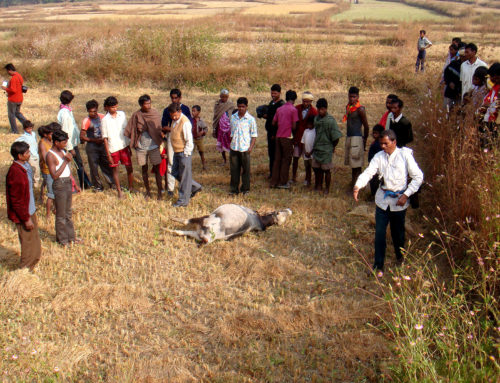We are happy to share with you the release of a new scientific paper by Rajat Nayak (Foundation for Ecological Research, Advocacy and Learning), Dr. Krithi K. Karanth (Centre for Wildlife Studies, Wildlife Conservation Society, Duke University), Dr. Trishna Dutta (University of Goettingen), Dr. Ruth Defries (Columbia University), Dr. K. Ullas Karanth (Centre for Wildlife Studies, Wildlife Conservation Society) and Srinivas Vaidyanathan (Foundation for Ecological Research, Advocacy and Learning).
The study titled Bits and pieces: Forest Fragmentation by Linear Intrusions in India was published in the journal Land use Policy, in April 2020.
Tropical forests are one of the most diverse ecosystems in the world. They are also among the most threatened ecosystems – undergoing rapid land use change and fragmentation. Infrastructure, especially linear structures such as roads, railway lines, power-transmission lines, canals, and pipelines create linear gaps which split a contiguous forested area into smaller patches. Forest fragmentation leads to habitat and biodiversity loss as well as disruption of critical ecosystem processes.
This study provides crucial information to decide ‘where’ and ‘how’ future infrastructure development activities should be undertaken, with the optimal balancing of development and biodiversity-conservation. The scientists believe that the approach presented here could assist other developing countries, witnessing a rapid infrastructure expansion comparable to that in India, to smartly align development with conservation objectives and thus, potentially presenting a win-win scenario.
The paper, release and images can be found as links below:





